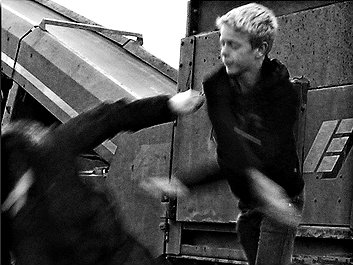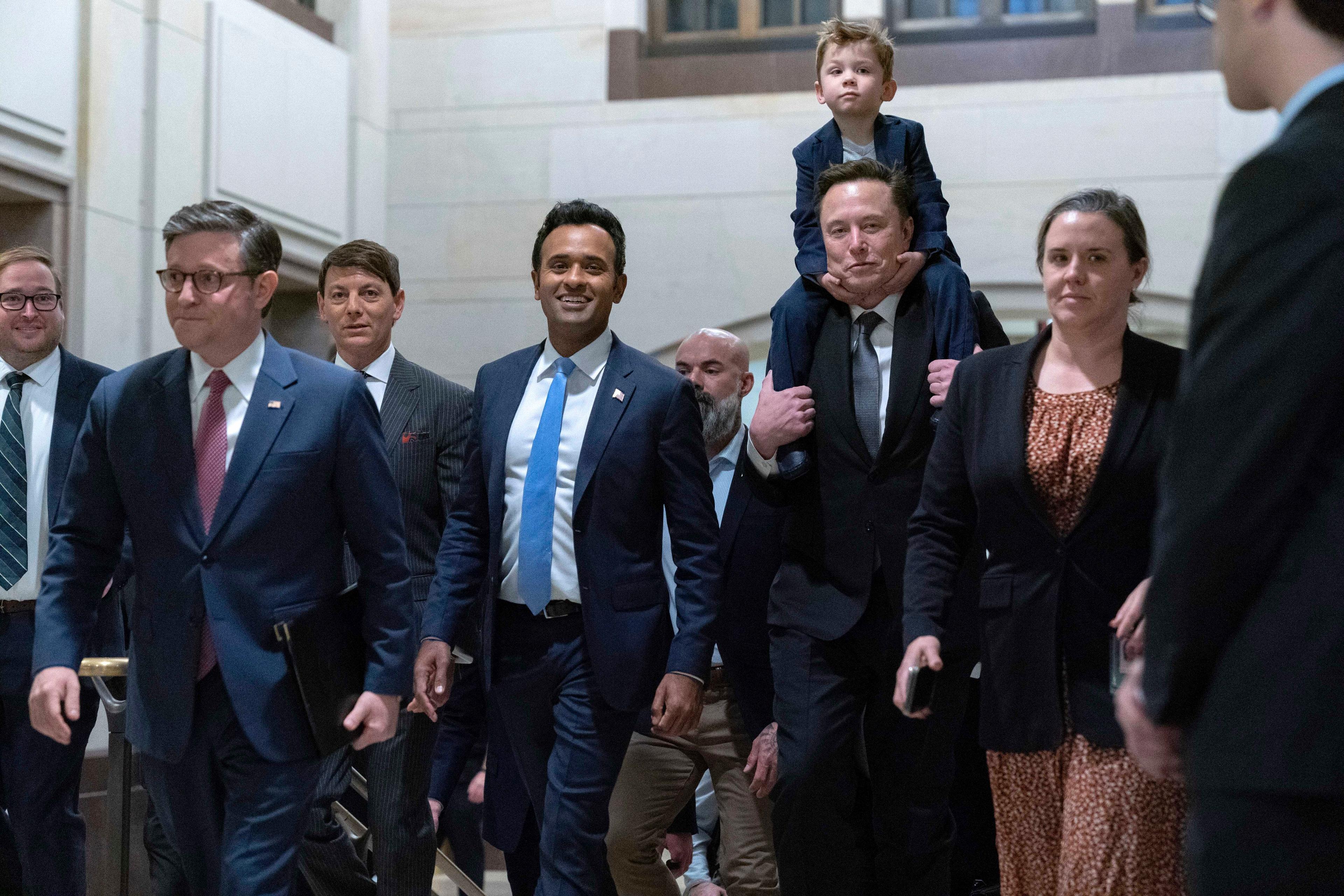

Here is a transcript of CPR education reporter Jenny Brundin’s story:
Reporter Jenny Brundin: This teacher – young and energetic, passionate about teaching – fondly recalls her school two years ago.
Teacher: You used to walk through the hallways and walk by the classrooms, and you’d hear teaching happening, or you heard students quietly working together.
Reporter: Now she doesn’t see much of that. In fact, she’s taken to wearing a mouthguard at night to stop her teeth grinding from the stress. And she’s afraid her job might be in danger if she lets us use her name. Veteran teacher Greg Ahrnsbrak has also started wearing a mouthguard because of the turbulence he witnesses at his school on a daily basis.
Greg Ahrnsbrak: Students have threatened to follow teachers home and jump them.
Reporter: He teaches at Bruce Randolph, a 6th-12th grade school in north Denver.
Ahrnsbrak: We’ve had students who have threatened to bring a gun and kill teachers. We’ve had students who’ve threatened to kill all of us with a bomb. Our administrators have tried to expel some of them and they’re told they can’t.
(sound of meeting)
Reporter: Monday night at a Denver Public Schools board meeting, district officials painted a cheerier picture. They said the number of out-of school suspensions in the district has dropped 38 percent in two years. Expulsions have been cut in half. Assistant Superintendent Antwan Wilson:
Antwan Wilson: Our schools are safe. Our students are in school and doing what they’re supposed to do the majority of the time.
Reporter: But teachers like Ahrnsbrak say suspension numbers are down because schools have recently come under immense pressure to keep them down -- not because schools are any safer than they used to be.
(sound of students)
Ahrnsbrak: Our front offices often feel like a dispatch desk rather than a meet and greet.
Reporter: Ahrnsbrak is one of two teachers who were willing to be identified talking about an issue he and scores of other teachers interviewed say the public knows nothing about.
Greg Ahrnsbrak: We hear over the radio security guards sprinting the hallways to answer a call for security in one of the classrooms or one of the hallways or on the playgrounds. We see students having to be restrained and strapped to a gurney and taken out.
Reporter: That’s because they’re violent and security guards can’t control them. Teachers in other schools – particularly middle schools - are reporting similar scenes: fist fights, kids hitting teachers and threatening students, and those kids are back in the classroom within minutes or the next day. It’s gotten so bad in fact, that a month ago, virtually all of the staff at Denver’s Morey Middle School, Bruce Randolph and Munroe Elementary schools signed a letter to the district’s superintendent calling for action. Teachers say there used to be clear consequences. Fighting, cursing at a teacher - that led to automatic suspension. But some thought the old discipline policy went too far.
Lalo Montoya: We had thousands of students being referred to the police for minor discipline issues, like being disruptive in class.
Reporter: Lalo Montoya is with the local parent and youth activist group Padres y Jovenes Unidos. He says automatic suspensions just don’t work.
Montoya: The belief is that students will go and reflect on their behavior and learn their lesson, but that does not happen. And you see it over and over, that those students that were pushed out eventually end up dropping out or in the judicial system.
Reporter: The group successfully pushed for a new discipline policy that came out in 2008. It’s a complex system. In order to get a belligerent kid removed from school or even class, it takes multiple steps, and sometimes weeks of documentation that teachers say cuts into teaching time. Kids know that and push boundaries. The teacher who didn’t want to use her name says it used to be, when she asked a disruptive student to leave the classroom, they left.
Teacher: And now they won’t. They refuse. So you’ve got to call security. Actually, just yesterday, I had a student who was using horrible language, just yelling these awful, awful things. I asked him to stop. He said he would and he didn’t. And then he started laying hands on some of the other students, kicking, hitting, pushing. Just very violent. So I called for security. Security comes out and says, "I will ask him to come with me, but I can tell you right now, he’s not going to come."
Reporter: If a student actually hits another student or calls a teacher a “mother” – you know the rest – the kid can go to a packed in-school-suspension room. They are supposed to get counseling. But many don’t because schools don’t have enough counselors. So here’s what happens, says this 12-year-old student at Bruce Randolph.
Student: When kids get real angry, they just be cussin’ at the teachers, and the teachers really don’t even do nothin’. They just send us to the SI office. You just sit down, do your work and just wait until the next period and get your stuff and go!
Reporter: And the defiance spreads like wildfire. This kid says when he and his classmates see students misbehave with no consequence...
Students: ....we’ll just get wild, go crazy, because they did it so more people will do it and stuff.
Reporter: Assistant Superintendent Antwan Wilson insists there are consequences for serious offences.
Wilson: If there are students who are in school, bringing knives and guns and threatening, those students can be suspended and expelled, and there’s nothing in the policy that prevents that.
Reporter: He says teachers should refer those incidents up the chain of command. But teachers say they are, and principals are telling them their hands are tied and cite pressure to keep the suspension numbers down. Wilson does agree that some of the behavior problems need to be tackled more quickly.
Wilson: Schools are going to need supports, greater access to supports, than they had before when they were just sending kids home.
Reporter: The district plans to give them some of that support by spending an extra $1.5 million for mental health specialists next year, targeting mainly middle schools. Lalo Montoya of Padres y Jovenes Unidos agrees it's hard to implement this change in policy and he’s glad teachers spoke up.
Montoya: It’s important that they share the stories, share the good and the bad because your school district needs to know what it is that you need the most support on. We need a commitment from the school principals that they will be honest with their data and they will do what’s needed to ensure the support in those buildings that need the most support.
Reporter: Most teachers aren’t calling for a return to mass suspensions. They just want a system that doesn’t make them spend half half their time controlling a handful of students in class. Teachers plan to speak on the issue at tonight’s Denver school board meeting.









